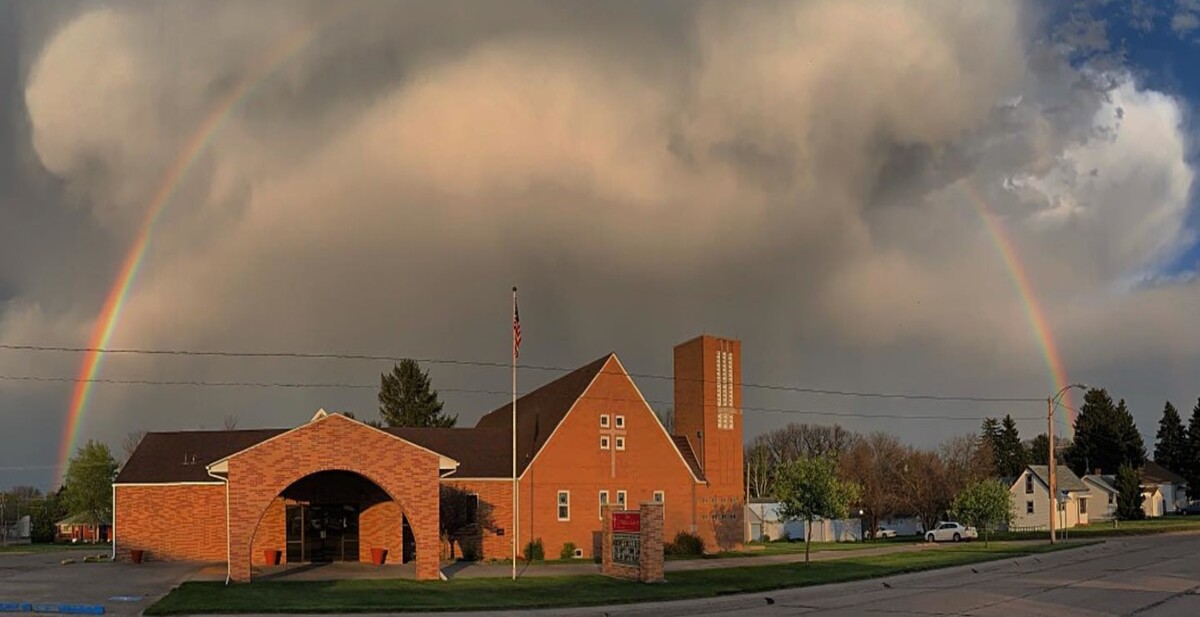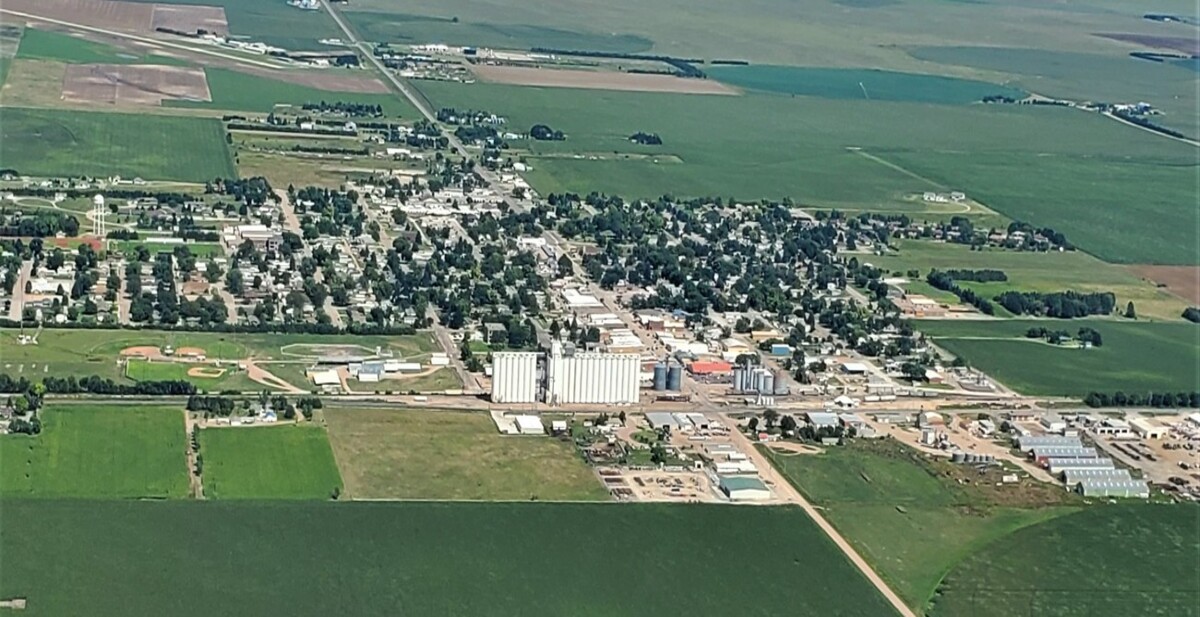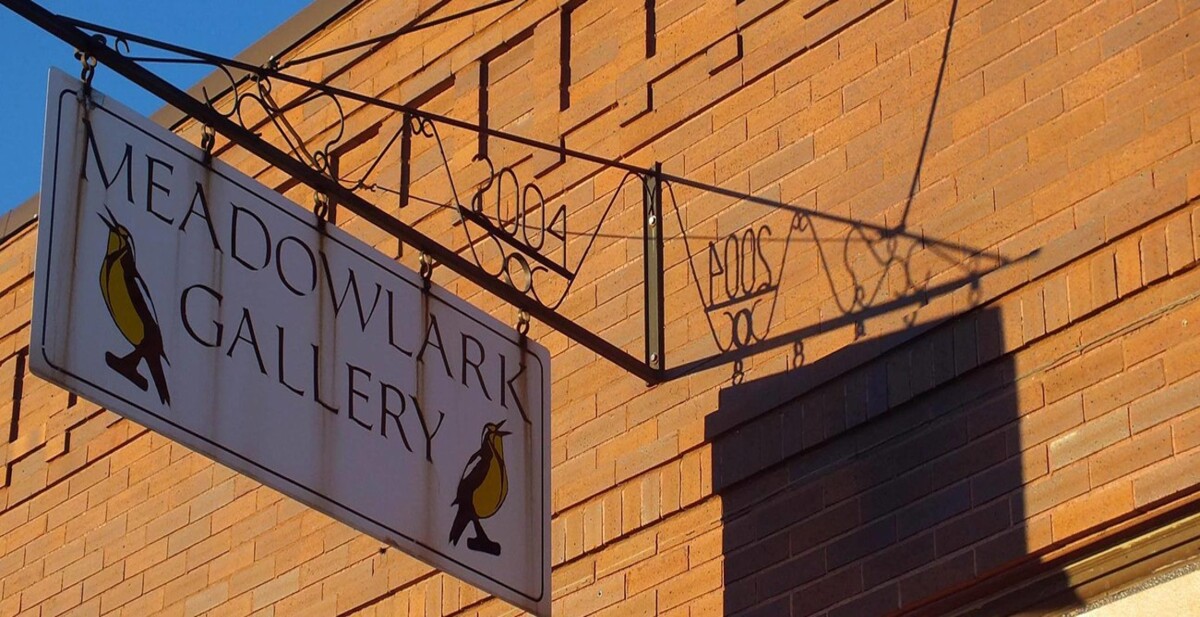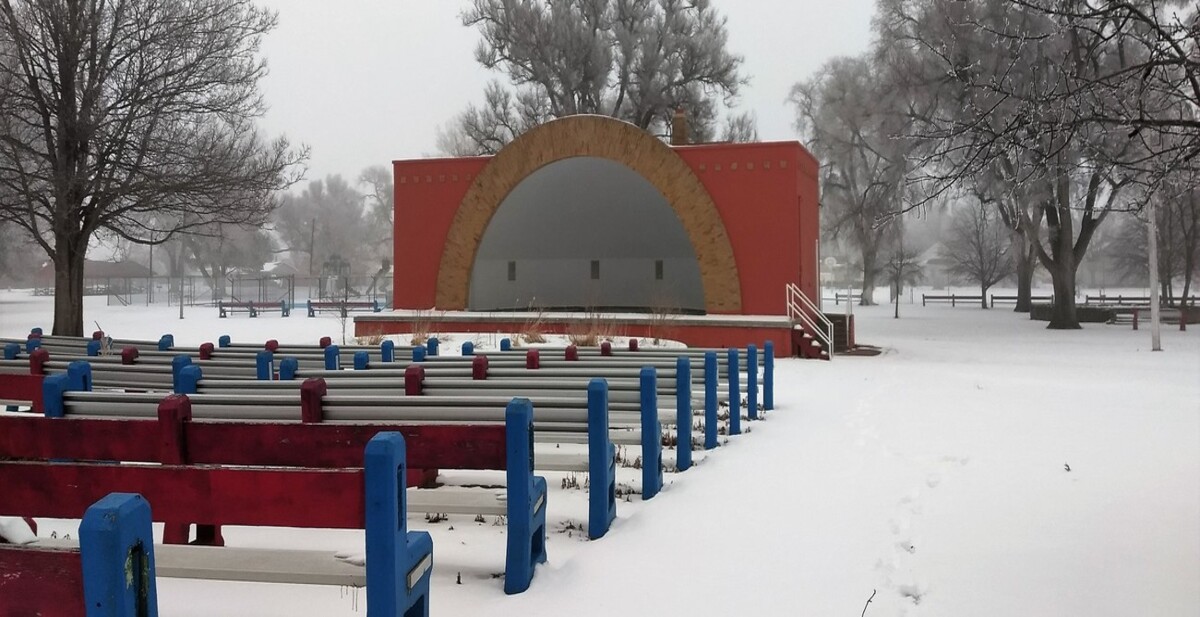Article 3 - Meetings
Article 3 – Meetings
SECTION 1-302: PUBLIC BODY DEFINED
SECTION 1-303: RIGHTS OF THE PUBLIC
SECTION 1-305: NOTICE TO NEWS MEDIA
SECTION 1-306: PLACE, DAY, TIME; QUORUM
SECTION 1-307: REORGANIZATIONAL MEETING; STANDING COMMITTEES
SECTION 1-308: ORDER OF BUSINESS
SECTION 1-309: PARLIAMENTARY PROCEDURE
SECTION 1-311: CLOSED SESSIONS
SECTION 1-312: SPECIAL MEETINGS
SECTION 1-313: EMERGENCY MEETINGS
“Meetings” as used in this article shall mean all regular, special, or called meetings of a public body for purposes of briefing, discussion of public business, formation of tentative policy, or the taking of any formal action. (Neb. Rev. Stat. §84-1409)
SECTION 1-302: PUBLIC BODY DEFINED
“Public body” as used in this article shall mean: (A) the City Council, (B) all independent boards, commissions, bureaus, committees, councils, sub-units, or any other bodies now or hereafter created by Constitution, statute, ordinance, or otherwise pursuant to law; and (C) advisory committees of the bodies listed above. This article shall not apply to subcommittees of such bodies unless such subcommittees are holding hearings, making policy, or taking formal action on behalf of their parent bodies. (Neb. Rev. Stat. §84-1409)
SECTION 1-303: RIGHTS OF THE PUBLIC
A. The formation of public policy is public business and may not be conducted in secret. Every meeting of a public body shall be open to the public in order that citizens may exercise their democratic privilege of attending and speaking at meetings of public bodies, except as otherwise provided by the Constitution of Nebraska, federal statutes, and the Open Meetings Act. At least one current copy of the Open Meetings Act shall be posted in the meeting room at a location accessible to members of the public. At the beginning of each meeting, the public shall be informed about the location of the posted information.
B. Subject to the Open Meetings Act, the public shall have the right to attend and the right to speak at meetings of public bodies. All or any part of a meeting of the City Council except for closed meetings called pursuant to Section 1-311 may be videotaped, televised, photographed, broadcast, or recorded by any person in attendance by means of a tape recorder, camera, video equipment, or any other means of pictorial or sonic reproduction or in writing.
C. It shall not be a violation of this section for the City Council to make and enforce reasonable rules and regulations regarding the conduct of persons attending, speaking at, videotaping, televising, photographing, broadcasting, or recording its meetings. The council may not be required to allow citizens to speak at each meeting but it may not forbid public participation at all meetings.
D. The council shall not require members of the public to identify themselves as a condition for admission to the meeting nor shall such body require that the name of any member of the public be placed on the agenda prior to such meeting in order to speak about items on the agenda. The council may require any member of the public desiring to address the body to identify himself or herself.
E. The council shall not, for the purpose of circumventing the Open Meetings Act, hold a meeting in a place known by the body to be too small to accommodate the anticipated audience. The council shall not be deemed in violation of this section if it holds its meeting in its traditional meeting place which is located in this state.
F. The council shall, upon request, make a reasonable effort to accommodate the public's right to hear the discussion and testimony presented at the meeting and shall make available at the meeting, for examination and copying by members of the public, at least one copy of all reproducible written material to be discussed at an open meeting. (Neb. Rev. Stat. §§84-1408, 84-1412)
A. The City Council shall give reasonable advance publicized notice of the time and place of each meeting by a method designated by the council and recorded in its minutes. Such notice shall be transmitted to all council members and to the public. Such notice shall contain an agenda of subjects known at the time of the publicized notice or a statement that the agenda, which shall be kept continually current, shall be readily available for public inspection at the city office during normal business hours. Agenda items shall be sufficiently descriptive to give the public reasonable notice of the matters to be considered at the meeting.
B. Except for items of an emergency nature, the agenda shall not be altered later than 24 hours before the scheduled commencement of the meeting or 48 hours before the scheduled commencement of a City Council meeting scheduled outside the corporate limits of the municipality. The public body shall have the right to modify the agenda to include items of an emergency nature only at such public meeting. (Neb. Rev. Stat. §§84-1411)
SECTION 1-305: NOTICE TO NEWS MEDIA
The city clerk shall maintain a list of the news media requesting notification of meetings and shall make reasonable efforts to provide advance notification to them of the time and place of each meeting and the subjects to be discussed. (Neb. Rev. Stat. §84-1411)
SECTION 1-306: PLACE, DAY, TIME; QUORUM
A. The meetings of the City Council shall be held in the council chambers at city hall. Regular meetings shall be held on the second and fourth Tuesday of each month at the hour of 7:00 p.m. There shall be no meeting on the fourth Tuesday of December. In the event that a regular meeting falls on a governmentally observed holiday, the regular meeting shall be held on the next business day after the observed holiday at the hour of 7:00 p.m.
B. A majority of all the members elected to the City Council shall constitute a quorum for the transaction of any business but a fewer number of members may adjourn from time to time and compel the attendance of absent members. When the City Council consists of four members as established by ordinance or home rule charter, the mayor shall be deemed a member of the council for purposes of establishing a quorum when the mayor’s presence is necessary to establish a quorum. Unless a greater vote is required by law, an affirmative vote of at least one-half of the elected members shall be required for the transaction of any business.
C. At the hour appointed for the meeting, the city clerk shall proceed to call the roll of members and announce whether a quorum is present. If a quorum is present, the council shall be called to order by the mayor, if present, or if absent, by the president of the council. In the absence of both the mayor and the president of the council, the meetings shall be called to order by the president pro tempore. (Neb. Rev. Stat. § 17-105) (Ord. No. 07-09, 12/11/07)
SECTION 1-307: REORGANIZATIONAL MEETING; STANDING COMMITTEES
A. Council members elected to office shall convene at the regular place of meeting on the first regular meeting in December each year in which a city election is held immediately after the prior council adjourns and proceed to organize themselves for the ensuing year. The mayor shall call the meeting to order. The council shall then proceed to examine the credentials of its members and other elective officers to see that each has been duly and properly elected and to see that such oaths and bonds have been given as are required.
B. At the organizational meeting of the council, the mayor shall appoint members to such standing committees as the council may by ordinance or resolution create. The membership of such standing committees may be changed at any time by the mayor, who shall be a member ex officio of each standing committee. The members of the standing committees shall serve terms of office of one year, unless reappointed. (Neb. Rev. Stat. §17-104) (Am. Ord. No. 338, 4/11/89)
SECTION 1-308: ORDER OF BUSINESS
A. All regular and special meetings of the City Council shall be open to the public. The business of the council shall be taken up for consideration and disposition in the following order: (1) Roll Call; (2) Call to Order; (3) Open Meetings Act Announcement; (4) Review and Action on Agenda; (5) Review and Action of Prior Meeting Minutes; (6) Communications; (7) Standing Committee Reports; (8) Public Comment; (9) Unfinished Business; (10) New Business; (11) Consideration of Bills and Claims; (12) Adjournment; provided, any matter to come before the council which requires a public hearing shall be set for and taken up at a certain time or immediately upon the conclusion of the item of business before the council at that time; and provided further, the presiding officer may refer back to any order of business after passing it if there is no objection by any member of the council.
B. All boards, committees and commissions of the City Council shall make their reports in writing when directed to do so by the presiding officer. All reports shall be filed with the city clerk.
C. A motion to adjourn shall always be in order and shall be decided without debate. (Ord. No. 04-06, 8/24/04)
SECTION 1-309: PARLIAMENTARY PROCEDURE
A. Questions of procedure and conduct at City Council meetings shall be decided by the mayor in accordance with Robert’s Rules of Order.
B. Rules of debate:
1. In the event the presiding officer is the mayor, the presiding officer may debate from the chair, subject only to such limitations of debate as are imposed by these rules. In the event the presiding officer is someone other than the mayor, the presiding officer may move, second and debate from the chair, subject only to the limitations of debate as are imposed by these rules and shall not be deprived of any of the rights and privileges of a council member by reason of acting as the presiding officer.
2. Every member of the council desiring to speak shall address the presiding officer and, upon recognition, shall confine himself or herself to the question under debate, avoiding all personalities and indecorous language.
3. Once recognized, a member of the council shall not be interrupted when speaking, unless it is to call the member to order as otherwise provided by these rules. If a member is called to order while speaking, the member shall cease speaking until the question of order is determined and, if the member is determined to be in order, the member shall be permitted to proceed.
4. A member of the council having the floor shall yield the floor for a point of order addressed to the presiding officer, a question of personal privilege raised by any member, and an inquiry for information addressed to the presiding officer. The member may, upon request of any other member, temporarily yield the floor for any interrogation or statement by the other member, at the conclusion of which the member will again be entitled to the floor.
5. The council may, by a general rule, limit debate or discussion by the council on any matter or may, by a motion adopted at the time, limit debate or discussion by the council on any particular subject or motion; and the council may, by majority vote of the members present, extend any such limit. Neither the mayor nor any member of the council shall speak more than once on any subject under discussion without permission from the presiding officer.
6. The member of the council making a motion shall have the privilege of closing the debate.
7. A motion to reconsider any action taken by the council may be made only on the day such action was taken. It may be made either during the same session or at a recessed session thereof. A motion to reconsider must be made by one of the prevailing side but may be seconded by any other member, and it may be made at any time; such motion shall have precedence over all other motions or while a member has the floor and shall be debatable. Nothing in this subsection shall be construed to prevent any member of the council from making or remaking the same or any other motion at a subsequent meeting of the council.
8. A member of the council may request the privilege of having entered in the minutes an abstract of the member’s statement on any subject under consideration by the council. The request shall be directed to the presiding officer, who shall state the question to the council and, upon assent thereto by a majority of the members present at the meeting, the statement shall be entered in the minutes.
9. Upon direction by the presiding officer and assent thereto by a majority of the members present at the meeting, the city clerk or assistant city clerk shall enter in the minutes a synopsis of the discussion of any question coming before the meeting.
C. Any member of the City Council shall have the right to have the reasons for his or her dissent from or protest against any action of the council entered on the minutes.
A. The City Council shall keep minutes of all meetings showing the time, place, members present and absent, and the substance of all matters discussed.
B. Any action taken on any question or motion duly moved and seconded shall be by roll call vote of the council in open session, and the record shall state how each member voted or if the member was absent or not voting. The requirements of a roll call or voice vote shall be satisfied if the city utilizes an electronic voting device which allows the “yeas” and “nays” of each member of the City Council to be readily seen by the public.
C. The vote to elect leadership within the council may be taken by secret ballot but the total number of votes for each candidate shall be recorded in the minutes.
D. The minutes of all meetings and evidence and documentation received or disclosed in open session shall be public records and open to public inspection during normal business hours.
E. The minutes of any meeting of the City Council shall be written and available for public inspection within ten working days of the meeting or prior to the next convened meeting, whichever occurs earlier, except that the city clerk may have an additional ten working days if absent due to a serious illness or emergency.
F. The minutes of the previous meeting shall be read in full, except such reading of the minutes may be waived and the minutes may be approved as written by motion made, seconded and passed by a majority of the council members present at the meeting. (Neb. Rev. Stat. §§17-616, 84-1413)
SECTION 1-311: CLOSED SESSIONS
A. The City Council may hold a closed session by the affirmative vote of a majority of its voting members if a closed session is clearly necessary for the protection of the public interest or for the prevention of needless injury to the reputation of an individual and if such individual has not requested a public meeting. The subject matter and the reason necessitating the closed session shall be identified in the motion to close. Closed sessions may be held for, but shall not be limited to, such reasons as:
1. Strategy sessions with respect to collective bargaining, real estate purchases, or litigation which is imminent as evidenced by communication of a claim or threat of litigation to or by the public body;
2. Discussion regarding deployment of security personnel or devices;
3. Investigative proceedings regarding allegations of criminal misconduct; or
4. Evaluation of the job performance of a person when necessary to prevent needless injury to the reputation of a person and if such person has not requested a public meeting.
B. Nothing in this section shall permit a closed meeting for discussion of the appointment or election of a new member to the council.
C. The vote to hold a closed session shall be taken in open session. The vote of each member on the question of holding a closed session, the reason for the closed session, and the time when the closed session commenced and concluded shall be recorded in the minutes. The City Council shall restrict its consideration to matters during the closed portions to only those purposes set forth in the minutes as the reason for the closed session. The meeting shall be reconvened in open session before any formal action may be taken. For purposes of this section, “formal action” shall include a collective decision or a collective commitment or promise to make a decision on any question, motion, proposal, resolution, order, or ordinance or formation of a position or policy but shall not include negotiating guidance given by council members to legal counsel or other negotiators in closed sessions authorized under subsection (A) of this section.
D. Any council member shall have the right to challenge the continuation of a closed session if the member determines that the session has exceeded the reason stated in the original motion to hold a closed session or if the member contends that the closed session is neither clearly necessary for (1) the protection of the public interest or (2) the prevention of needless injury to the reputation of an individual. Such challenge shall be overruled only by a majority vote of the council members. Such challenge and its disposition shall be recorded in the minutes.
E. Nothing in this section shall be construed to require that any meeting be closed to the public. The City Council shall not fail to invite a portion of its members to a meeting and the council shall not designate itself a subcommittee of the whole body for the purpose of circumventing the provisions of this article. No closed session, informal meeting, chance meeting, social gathering, or electronic communication shall be used for the purpose of circumventing the provisions of this article.
F. The provisions of this article shall not apply to chance meetings or to attendance at or travel to conventions or workshops of the council members at which there is no meeting of the council then intentionally convened, if there is no vote or other action taken regarding any matter over which the council has supervision, control, jurisdiction, or advisory power. (Neb. Rev. Stat. §84-1410) (Ord. No. 06-11, 7/11/06)
SECTION 1-312: SPECIAL MEETINGS
Special meetings may be called by the mayor or by a majority of the City Council, the object of which shall be submitted to the council in writing. The call and object as well as the disposition thereof shall be entered upon the journal by the city clerk. On filing the call for a special meeting, the city clerk shall notify the council members of the special meeting, stating the time and its purpose. Notice of a special meeting need not be given to a council member known to be out of the state or physically unable to be present. (Neb. Rev. Stat. §17-106) (Am. Ord. No. 337, 4/11/89)
SECTION 1-313: EMERGENCY MEETINGS
When it is necessary to hold an emergency meeting without reasonable advance public notice, the nature of the emergency shall be stated in the minutes and any formal action taken in such meeting shall pertain only to the emergency. Such emergency meetings may be held by means of electronic or telecommunication equipment. The provisions of Section 1-305 (Notice to News Media) shall be complied with in conducting emergency meetings. Complete minutes of such emergency meetings specifying the nature of the emergency and any formal action taken at the meeting shall be made available to the public by no later than the end of the next regular business day. (Neb. Rev. Stat. §84-1411)
A. While the City Council is in session, the mayor and members of the council shall preserve decorum and order. No person shall make personal, impertinent or slanderous remarks nor otherwise disturb any council meeting. No person shall, by conversation or otherwise, delay or disturb the proceedings or the peace of the council, disturb the mayor or any member of the council while speaking, nor refuse to obey the orders of the mayor or council.
B. The mayor may designate a person to be the sergeant-at-arms to keep order at any regular or special meeting of the council. The sergeant-at-arms shall carry out all orders and instructions given by the presiding officer for the purpose of maintaining order and decorum at the meeting. At the direction of the mayor, the sergeant-at-arms shall remove any person violating the provisions of this section, other than the mayor and council members.









